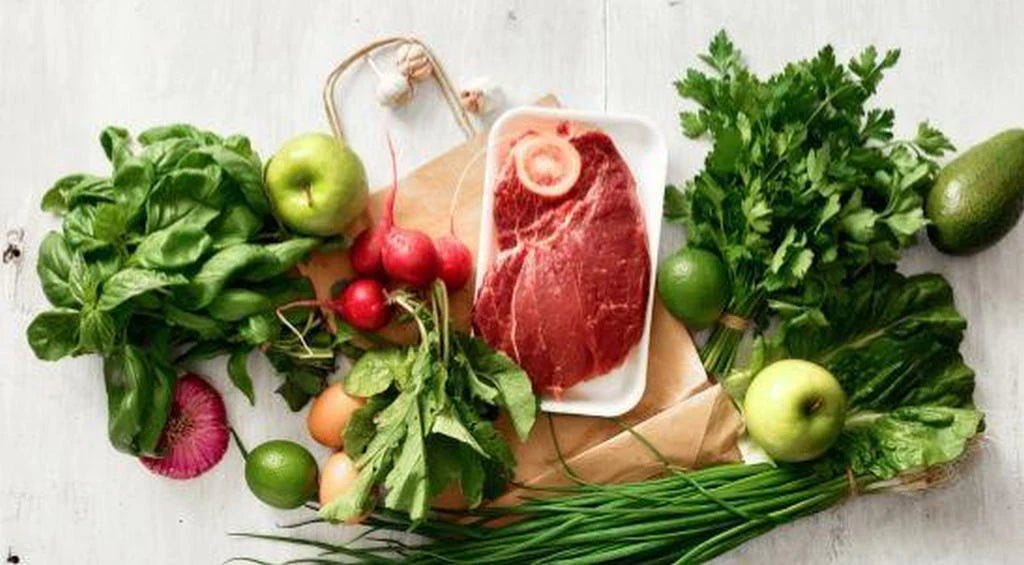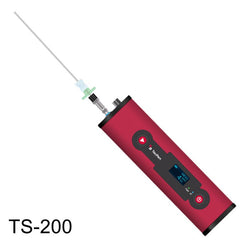
Modified atmosphere packaging (MAP) is a food packaging technology that has revolutionized the way we store and transport perishable food products. MAP works by modifying the composition of the air surrounding the food product, creating an environment that slows down spoilage and extends the shelf life of the product. MAP has become increasingly popular in recent years due to its many benefits, including improved product quality, increased shelf life, and reduced food waste.
MAP has been used since the time of the Egyptians as an early rudimentary form of food preservation and storage. Grain was stored in both small sealed clay containers and large silos. This technique allowed them to keep the grain dry and reduced the food lost to rodents.
In other words, modified atmosphere packaging is a great way to ensure food products stay fresh and last longer.
Who uses Modified Atmosphere Packaging?
Many different food groups can benefit from modified atmospheric packaging. For example, MAP is used to package meats, fruits, vegetables, as well as other consumable goods like pharmaceuticals. Cheese, fresh pasta, ready meals and seafood can also benefit from modified atmosphere packaging.
Additionally, modified atmosphere packaging can be applied to other packaged goods such as coffee beans. Coffee beans release Carbon Dioxide when they are roasted, and without the use of modified atmosphere packaging, the beans must cool completely before being packaged or else the build-up of CO2 gas can cause the packaging to burst open.
Another up-and-coming use for modified atmosphere packaging is the legal cannabis industry. Cannabis companies, like any other consumable goods manufacturer, want their products to stay fresh longer. When cannabis is mixed with Oxygen gas, the THC inside the cannabis is turned into CBN. CBN affects the potency and quality of cannabis. Some legal cannabis companies are using modified atmosphere packaging and Nitrogen gas to flush out extra Oxygen and extend shelf life, much like the modified atmosphere packaging which is already used for produce and meat.
What are the Benefits of Modified Atmosphere Packaging?
There are several benefits of MAP storage including:
1. Removing Oxygen from Packaging
Oxidation is a natural process that occurs when food is exposed to air, causing it to spoil and degrade in quality. This is a particular problem for products that are high in fats and oils, as these are particularly susceptible to oxidation.
MAP works by creating a controlled atmosphere around the food product, which is designed to slow down or prevent the oxidation process. This is achieved by replacing the air inside the package with a gas mixture that contains lower levels of oxygen than the ambient air. The most commonly used gases for MAP are carbon dioxide (CO2) and nitrogen (N2) which are used in varying proportions depending on the specific food product and the desired shelf life.
The reduced oxygen levels in the package help to slow down the rate of oxidation, as oxygen is the main catalyst of the oxidation process. The gas mixture used in MAP is carefully selected and controlled to ensure that it provides the optimal environment for the specific food product, as different products require different levels of oxygen and other gases to achieve the desired shelf life.
The atmosphere inside the package must be carefully balanced. Using nitrogen to displace oxygen will also remove the moisture. Gases will always seek equilibrium, and some of the displaced moisture is still needed inside the package to maintain texture and the red color that you see in some meats. CO2 can then be used to support moisture and lower pH to optimize the packaging environment.
2. Works with Barrier Films for Food Protection
The right barrier can increase protection on packaged foods. Barrier films not only protect the produce wrapped inside, but also decrease the absorption of moisture and oxygen. Plastic films and foils are used to seal the modified atmosphere packaging food packaging. Once nitrogen or other gas flushes the oxygen out from the package, the barrier film protects the food from further contact with oxygen.
Packaging films are selected based on the characteristics of the food product and the permeability properties of the selected protection. Basically, the barrier is an extra layer of protection for preservation that maintains the atmosphere in the package.
Types of Barrier Films
- One of the most common types of barrier films is polyethylene (PE), which is a flexible and durable film that is used in a wide range of packaging applications. PE films are commonly used as a base layer in MAP, as they provide a good barrier against moisture and oxygen.
- Another type of barrier film that is commonly used in MAP is polypropylene (PP), which is a more rigid and durable film than PE. PP films are commonly used as an outer layer in MAP, as they provide a good barrier against light and moisture.
- Ethylene vinyl alcohol (EVOH) is another type of barrier film that is commonly used in MAP. EVOH films provide an excellent barrier against oxygen, making them ideal for packaging products that are highly susceptible to oxidation, such as meats and dairy products.
- Other types of barrier films that are used in MAP include polyester (PET), nylon (PA), and aluminum foil. Each of these films has its own specific properties and advantages, and their use in MAP is determined by the specific needs of the product being packaged.
3. Reduces the Need for Preservatives
One of the latest food trends is food made without preservatives or GMOs. People like to know that the contents of their food is not artificial.
A benefit of modified atmospheric packaging is that it reduces or eliminates the need for preservatives or chemical additives to maintain freshness, prevent or slow down the growth of bacteria, fungi, and other microorganisms that can cause spoilage and foodborne illness. While preservatives can be effective, they are often associated with negative health effects, such as allergic reactions and increased risk of cancer.
Because the gas flushing removed unwanted oxygen from the packaging, it is not necessary to add preservatives to maintain taste and texture and prevent spoiling. Not only is this appealing to consumers, but also to manufacturers because it simplifies the food packaging process overall.
4. Cost Effective
modified atmosphere packaging is a cost-effective way of packaging food because it extends market reach. Since products can stay fresh longer, they can be transported further from the origin facility. This increases distribution of the product. In addition, products have a longer shelf-life which decreases the frequency of deliveries and reduces expenses.
The longer freshness cycle reduces frequent product rotation and restocking, which in turn reduces labor. And because the product does not spoil as quickly, there are fewer product returns for expired, damaged, or discolored products. Overall, testing for modified atmosphere packaging reduces waste from the very start of production.
Verifying MAP During Packaging
Modified atmosphere packaging only works if you can verify the gases inside the packaging and that the seal is not broken. Therefore, modified atmosphere packaging is tested using a trace oxygen analyzer
To help verify modified atmosphere packaging protection, food packagers use handheld oxygen meters like the TecPen modified atmosphere packaging Oxygen Analyzer or the TecPen modified atmosphere packaging sensor for oxygen and CO2.
Headspace modified atmosphere packaging Analyzer to test quality control for packaging. This oxygen analyzer uses a cannula to to pierce shrink-wrapped or vacuum sealed packaging of meat or produce. The gases inside the packaging are pulled into the sensor and tested as part of a quality control process. The TecPen can verify the level of oxygen inside the packaging to verify gas flushing or film barriers were used correctly.
References:
https://gaslab.com/blogs/articles/modified-atmosphere-packaging-testing
https://www.westairgases.com/blog/map-modified-atmosphere-packaging-gases-applications
https://dansensor.com/solutions/modified-atmosphere-packaging-food-and-beverage-industry







